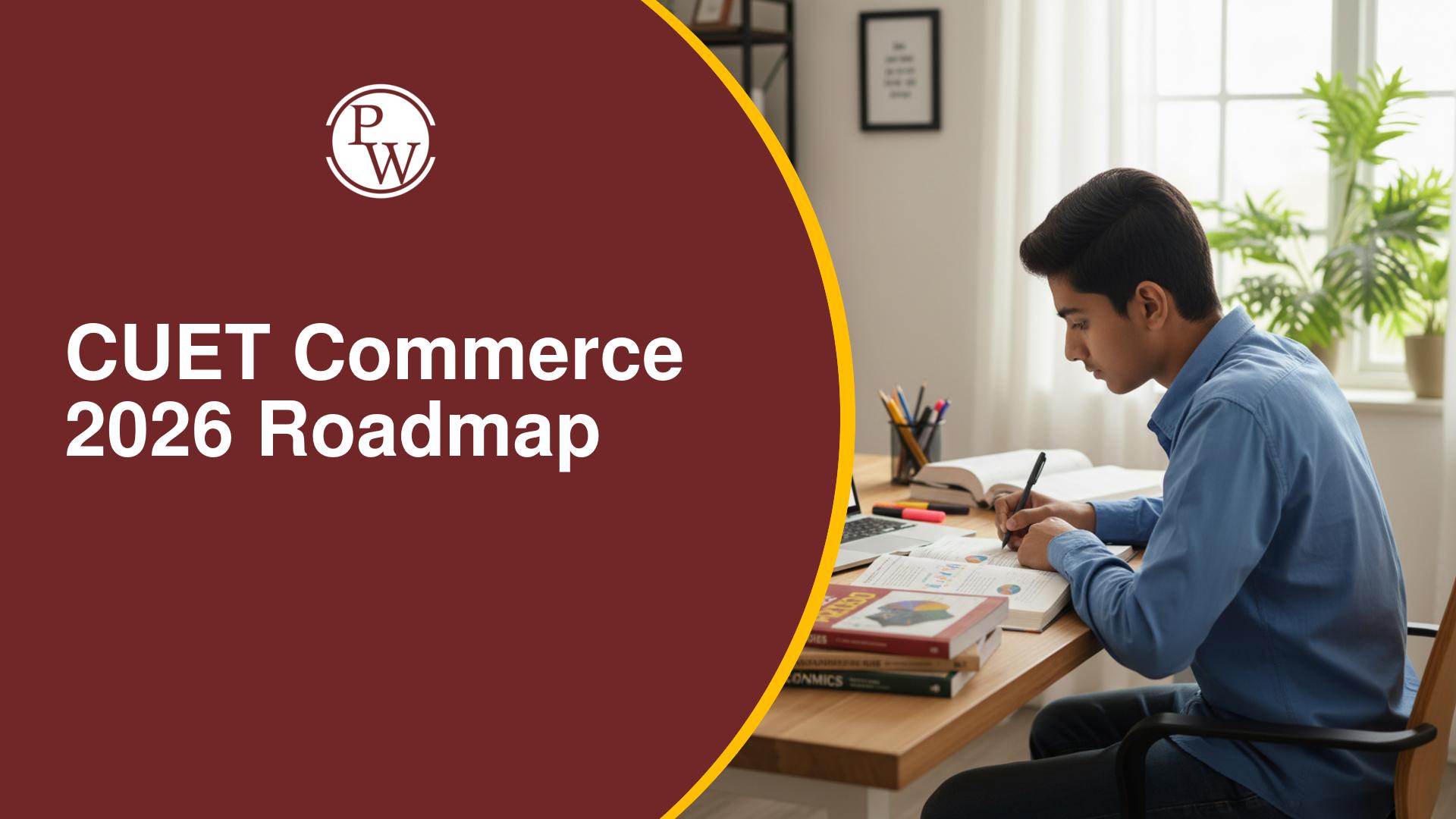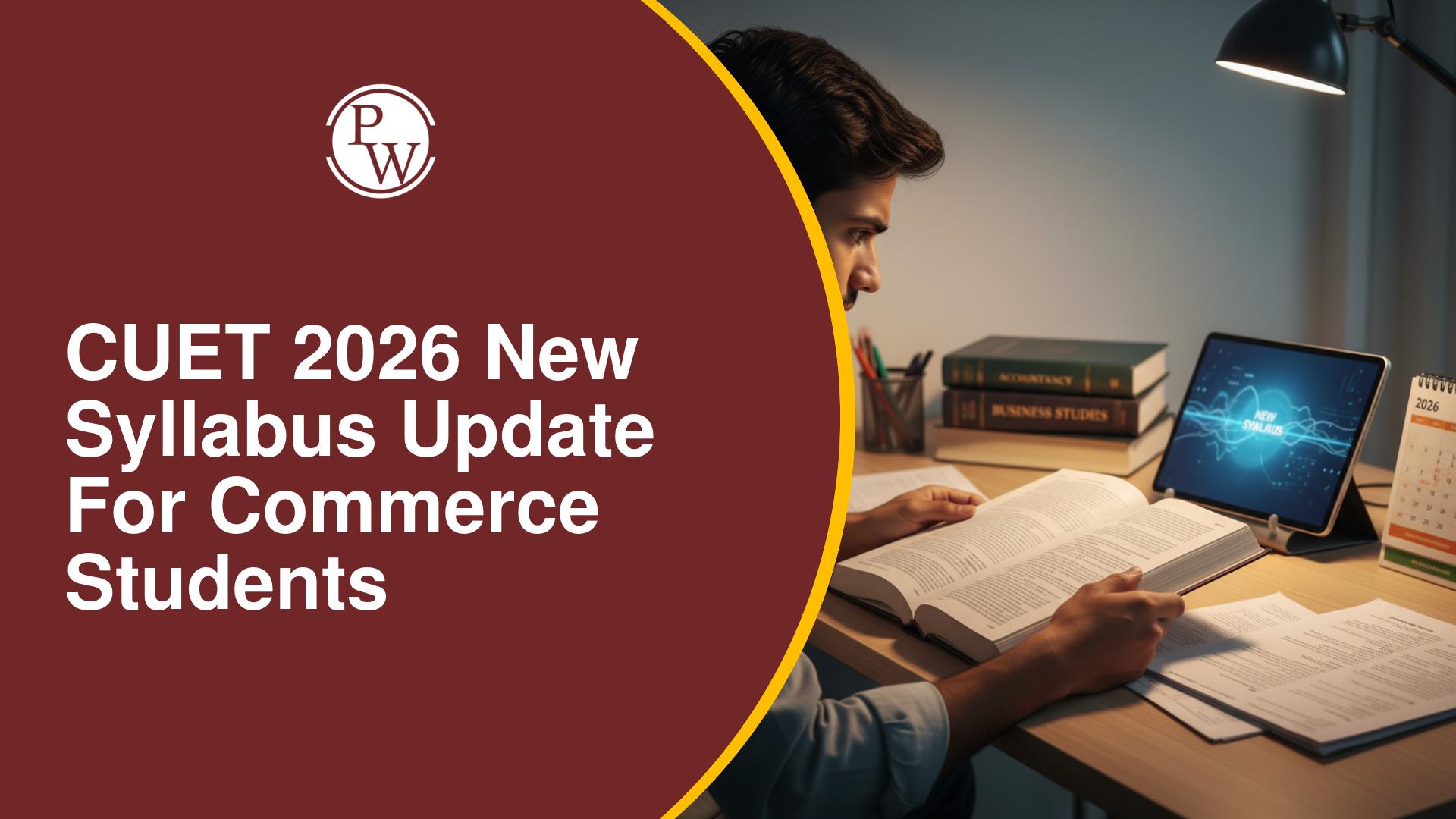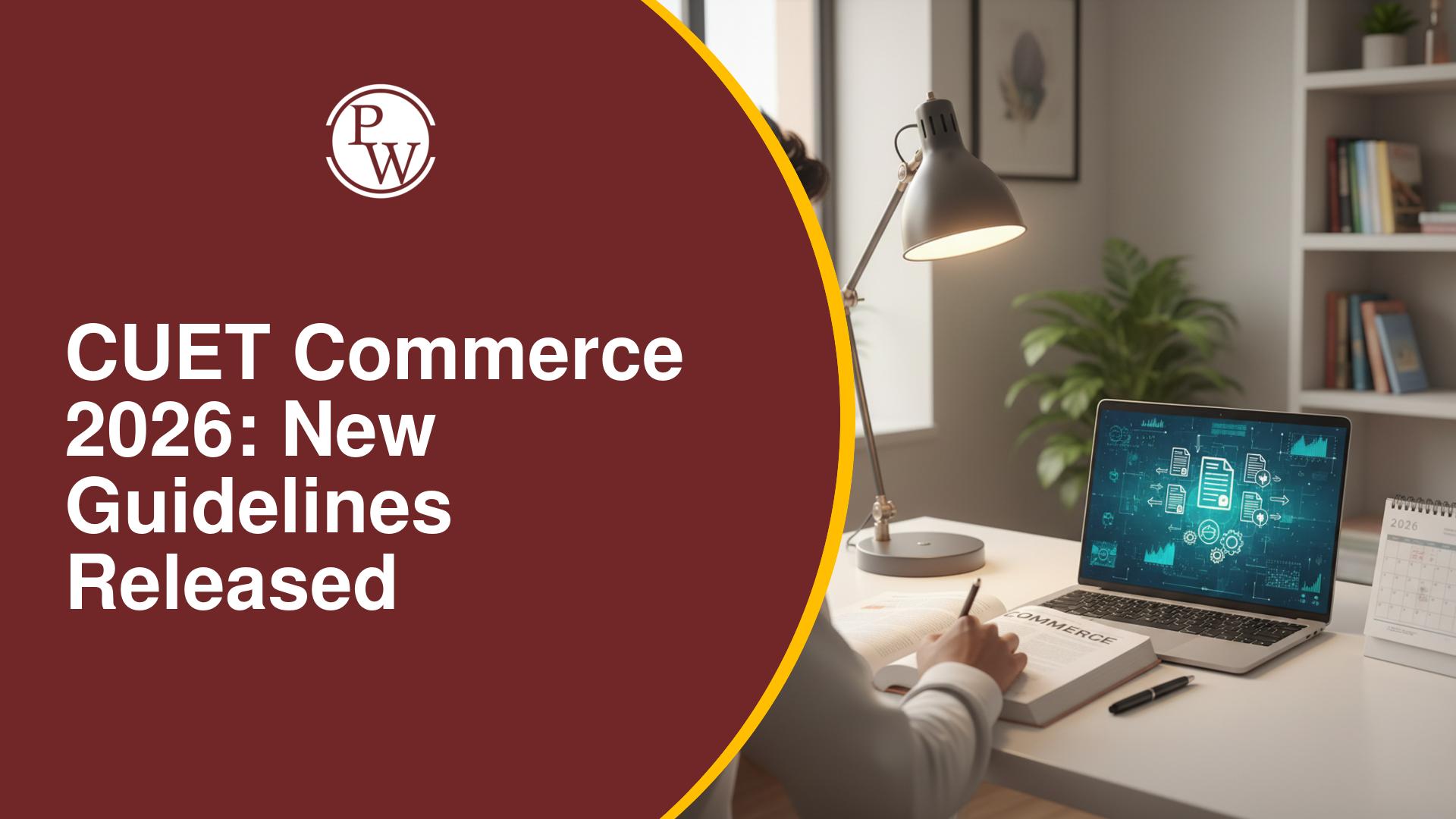
Accountancy MCQs for Class 11 and 12: Accountancy serves as the systematic recording of a business's financial activities, encompassing transactions. This process extends beyond mere documentation; it involves summarizing, reporting, and analyzing this information. The resulting insights are invaluable for diverse users seeking to make informed decisions based on accounting data.
Now, let's delve into a set of multiple-choice questions (MCQs) designed to enhance students' grasp of Accounting concepts. These questions and answers serve as a helpful resource for CBSE Class 11th & 12th students preparing for their 2024 accounts exam. Check these top 30 Class 11th Accountancy and Class 12th Accountancy MCQs to reinforce your understanding of Accounting principles and practices.Accountancy MCQs
Accountancy MCQs (Multiple Choice Questions) are vital for comprehensive understanding and assessment. They help students grasp key concepts efficiently, test their knowledge on various accounting principles, and enhance problem-solving skills. MCQs provide a quick and effective way to review and reinforce learning, identify areas of weakness, and track progress. They are also invaluable for exam preparation, offering practice in answering questions under timed conditions and familiarizing students with the format of real exams. Overall, MCQs play a crucial role in building a strong foundation in accountancy and boosting confidence for academic and professional success.Accountancy MCQs for Class 11 and 12 With Answers
Accounting is a vital tool providing information on various aspects like income, costs for managers, and the financial condition of institutions. Let's look at some multiple-choice questions (MCQs) to strengthen your understanding; here are the top 30 Accountancy MCQs for Class 11 and 12 students: Question 1. What is the purpose of the Profit and Loss Account?- To demonstrate the financial situation of a business
- To summarize revenues and expenses over a specific period
- To record all transactions of a business
- To calculate the tax liability of a company
- Income Statement
- Cash Flow Statement
- Balance Sheet
- Trial Balance
- To demonstrate the profit or loss of a business
- To present the cash inflows and outflows during a period
- To list the assets and liabilities of a business
- To calculate the depreciation of fixed assets
- Bank loan with a term of 5 years
- Accounts payable to suppliers
- Long-term mortgage payable
- Equipment purchased for the business
- An increase in assets or expenses
- A decrease in liabilities or revenues
- An increase in liabilities or revenues
- A decrease in assets or expenses
- Matching Principle
- Revenue Recognition Principle
- Expense Recognition Principle
- Conservatism Principle
- To summarise a business's financial performance.
- To verify the mathematical accuracy of the ledger accounts.
- To calculate the depreciation of fixed assets
- To prepare financial statements
- To assist management in decision-making
- To report the financial performance to external users
- To manage internal operations efficiently
- To calculate tax liabilities
- Balance Sheet
- Income Statement
- Cash Flow Statement
- Trial Balance
- To show the net income of a business
- Provide a picture of a company's financial status
- To record day-to-day business transactions
- To calculate the return on investment
- Income and cost for the managers
- Financial conditions of the institutions
- Company’s tax liability for a particular year
- All the above
- Intangible assets
- Fixed assets
- Current assets
- Investments
- Current assets
- Fixed assets
- Intangible assets
- Investments
- Current assets
- Fixed assets
- Intangible assets
- Investments
- Current Liabilities
- Fixed liabilities
- Contingent liabilities
- All the above
- Cost of goods sold + Opening stock
- Sales – cost of goods sold
- Sales – Purchases
- Net profit – expenses
- Profit and loss account
- Balance sheet
- Trial balance
- Trading account
- By stocktaking
- Deduct the cost of goods sold from sales
- Deduct the opening stock from the cost of items sold
- Look in the stock account
- Bought to be used in the business
- Expensive items bought for the business
- Items which will not wear out quickly
- Of long life and not purchased specifically for resale
- Trading account
- P & L a/c
- Balance Sheet
- None of the above
- Sales Ledger
- Nominal ledger
- Purchases Ledger
- General Ledger
- Always pay by cash
- Cross your Cheques ‘Account Payee only, Not Negotiable.’
- Always get the money in person
- Not use the postal service in the future
- Buyer of goods granted discount by seller
- Deducted when we receive cash
- Given by us when we sell goods on credit
- None of these
- The Cash Book
- The Purchases Journal
- The Sales Journal
- The Sales Account
- Discounts received
- Purchases invoices
- Payments to suppliers
- Trade discounts
- Simply deducted from the asset on the balance sheet
- Transferred to Profit and Loss Account
- Transferred to the Asset Account
- Transferred to Depreciation Account
- Debit Drawings Account, Credit Purchases Account
- Debit Drawings Account: Credit Stock Account
- Debit Sales Account: Credit Stock Account
- Debit Purchases Account: Credit Drawings Account
- No entries were made in the general ledger for things paid with petty cash
- Exactly the same amount of entries in the general ledger
- Fewer entries made in the general ledger
- More entries made in the general ledger
- The Profit and Loss Account
- A Nominal Account
- The Capital Account
- A Suspense Account
- Credited to capital accounts
- Debited to capital accounts
- Debited to partners’ current accounts
- Credited to partners’ current accounts
How to Solve Accountancy MCQs for Class 11 and 12?
Solving Accountancy MCQs for Class 11 and 12 involves a systematic approach to ensure accuracy. Here's a step-by-step guide:- Read Carefully: Begin by carefully reading the Accountancy MCQ to fully understand the question and its details.
- Identify Keywords: Identify key terms related to Accountancy concepts, account types, or Financial Statements in the MCQ.
- Eliminate Obvious Choices: Exclude options that are incorrect based on your understanding of Accountancy, narrowing down your choices.
- Apply Basic Concepts: Utilize fundamental Accountancy principles and concepts to analyze and solve the MCQ.
- Consider the Time Period: Pay attention to whether the question refers to a specific accounting period, such as a year or a shorter duration.
- Think About Transactions: Consider how financial transactions impact different accounts in the context of Accountancy – whether they increase, decrease, or remain unchanged.
- Understand Financial Statements: Know the purpose of each financial statement ( Income Statement , Balance Sheet , Cash Flow Statement ) in the context of Accountancy and understand how transactions are reflected in them.
- Use Formulas Wisely: If the MCQ involves calculations, apply relevant Accountancy formulas accurately to arrive at the correct answer.
- Consider Normal Account Balances: Be aware of whether an account in Accountancy typically has a debit or credit balance to make the right entries.
- Review Your Answers: Before finalizing your answers in the Accountancy MCQ, review them to ensure they align with Accountancy principles and logical reasoning.
- Practice Regularly: Engage in regular practice with a variety of Accountancy MCQs to enhance your understanding and speed in solving them.
- Time Management: Keep an eye on the time while solving Accountancy MCQs, and if you get stuck on a question, move on to the next one. You can revisit it if time permits.
Also Read: Tips To Attempt Class 12 Accountancy Exam
Therefore, mastering Accountancy MCQs for Class 11 and 12 in 2024 demands a thorough grasp of foundational principles, careful attention to keywords, and regular practice. A holistic understanding of financial statements and diligent problem-solving techniques are key to excelling in these multiple-choice questions. Also, PhysicsWallah (PW) stands out as a top-tier coaching institute for commerce exams. With a dedicated team and a commitment to academic excellence, PW emerges as a standout choice, providing invaluable support for commerce students aiming for success in Accountancy and other complex subjects. Join now for the PW Commerce Online Course – your key to mastering Accountancy and excelling in your exams!Accountancy MCQs for Class 11 and 12 FAQs
What is accountancy in MCQ?
Accountancy, as addressed in MCQs, refers to the systematic process of recording, classifying, and reporting business transactions to prepare statements and evaluate the financial well-being of an organization. A crucial aspect of accountancy is bookkeeping, which specifically involves the recording and classification of financial transactions. Also, for more detailed information on Accountancy MCQs, check the above article.
Is Class 11 Accountancy easy or hard?
Class 11 Accountancy is considered relatively easier compared to Class 12. However, success in Accountancy requires consistent practice, particularly for calculations. Allocating at least an hour daily and solving 4-5 questions from previous years' papers can significantly enhance understanding and performance. Also, for more detailed information on Accountancy MCQs for Class 11th and 12th, check the above article.
What are the golden rules of accounting?
The Golden Rules of Accounting provide foundational principles: Debit what comes in - credit what goes out. Credit the giver and Debit the Receiver. Credit all income and debit all expenses. Also, for more detailed information on Accountancy MCQs, check the above article.
How to study Accountancy MCQs for the 2024 exam?
To excel in Accountancy MCQs for the 2024 exam, consistent practice is key. Focus on understanding fundamental concepts, regularly solve MCQs, and review answers to grasp the intricacies of accounting principles. Also, for more detailed information on Accountancy MCQs for Class 11th and 12th, check the above article.
Is it important to prepare for Accountancy MCQs?
Yes, preparing for Accountancy MCQs is crucial as it enhances your grasp of fundamental concepts and improves problem-solving skills. MCQs serve as an effective tool for assessing and reinforcing your understanding of accounting principles. Also, for more detailed information on Accountancy MCQs for Class 11th and 12th, check the above article.
🔥 Trending Blogs
Talk to a counsellorHave doubts? Our support team will be happy to assist you!

Check out these Related Articles
Free Learning Resources
PW Books
Notes (Class 10-12)
PW Study Materials
Notes (Class 6-9)
Ncert Solutions
Govt Exams
Class 6th to 12th Online Courses
Govt Job Exams Courses
UPSC Coaching
Defence Exam Coaching
Gate Exam Coaching
Other Exams
Know about Physics Wallah
Physics Wallah is an Indian edtech platform that provides accessible & comprehensive learning experiences to students from Class 6th to postgraduate level. We also provide extensive NCERT solutions, sample paper, NEET, JEE Mains, BITSAT previous year papers & more such resources to students. Physics Wallah also caters to over 3.5 million registered students and over 78 lakh+ Youtube subscribers with 4.8 rating on its app.
We Stand Out because
We provide students with intensive courses with India’s qualified & experienced faculties & mentors. PW strives to make the learning experience comprehensive and accessible for students of all sections of society. We believe in empowering every single student who couldn't dream of a good career in engineering and medical field earlier.
Our Key Focus Areas
Physics Wallah's main focus is to make the learning experience as economical as possible for all students. With our affordable courses like Lakshya, Udaan and Arjuna and many others, we have been able to provide a platform for lakhs of aspirants. From providing Chemistry, Maths, Physics formula to giving e-books of eminent authors like RD Sharma, RS Aggarwal and Lakhmir Singh, PW focuses on every single student's need for preparation.
What Makes Us Different
Physics Wallah strives to develop a comprehensive pedagogical structure for students, where they get a state-of-the-art learning experience with study material and resources. Apart from catering students preparing for JEE Mains and NEET, PW also provides study material for each state board like Uttar Pradesh, Bihar, and others
Copyright © 2026 Physicswallah Limited All rights reserved.









